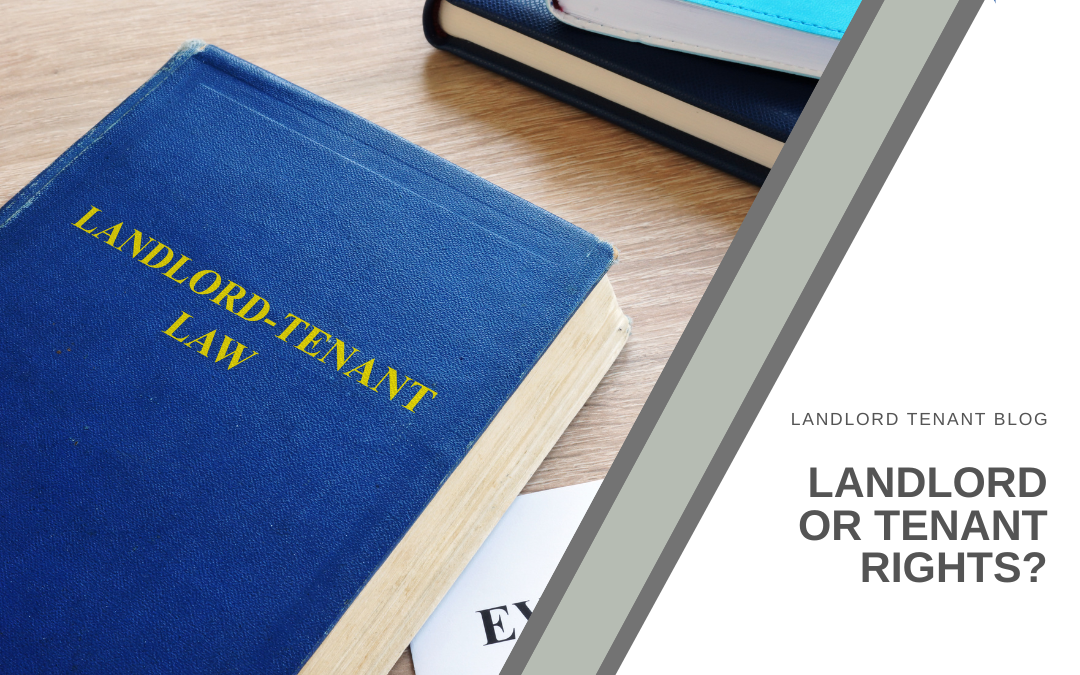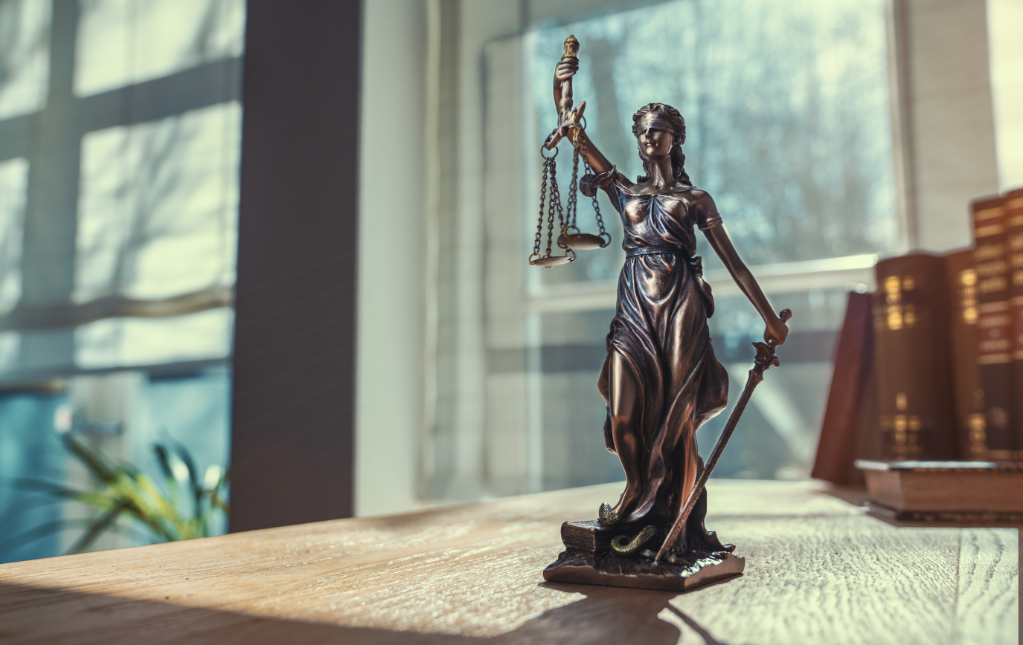The relationship between landlords and tenants has evolved throughout the history of the United States. According to a perspective published by the American Bar Association, in early American history, a lease was interpreted as a common law conveyance of real property interest.
Modern Landlord-Tenant Rights
Today, tenants want the peace of mind of knowing they are moving into a clean, safe property where they (and their loved ones) can live peacefully for the duration of the lease agreement. They hope that the property will be well maintained and that if there is a problem, the landlord will be reachable and fast to act.
Landlords want to know that they have picked trustworthy tenants that will respect the property, be non-disruptive neighbors, and pay their rent on time for the full duration of the lease.
Ironically, despite the guidance of the Uniform Residential Landlord and Tenant Act created in 1972 as a baseline for state laws, there are still many federal, state, and local regulations that apply to the landlord-tenant relationship. New landlords and individuals seeking to rent a property are encouraged to learn local regulations governing the leasing of property. If you are getting ready to launch a property or are having issues with your current rental property, it can be helpful to consult with a qualified attorney knowledgeable in tenant and landlord law.


